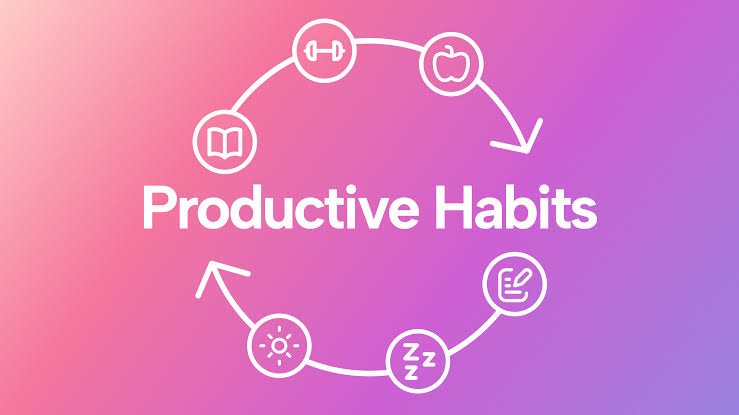How AI is Changing the way we work and write
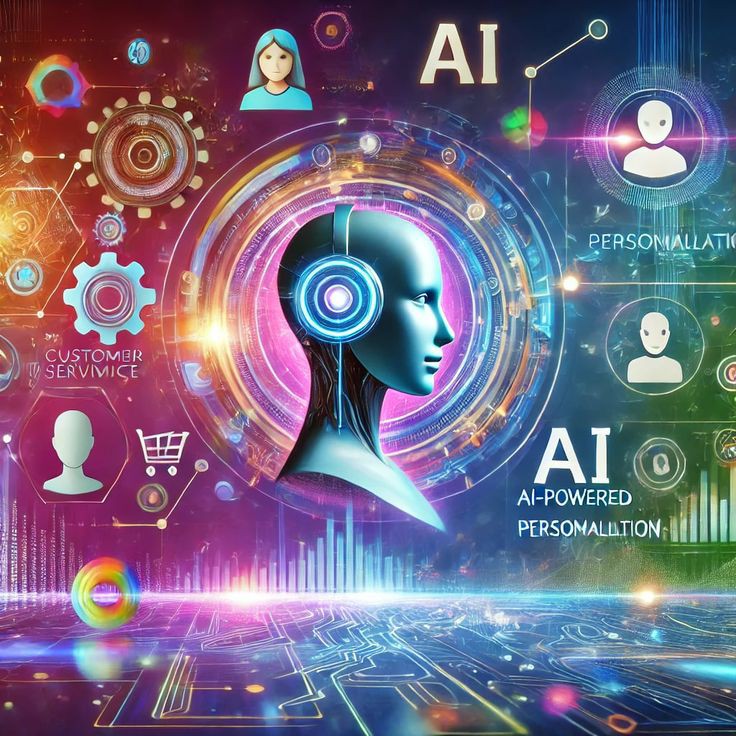
Artificial Intelligence (AI) is transforming the way we work and write, offering unprecedented speed, efficiency, and creativity. From automating repetitive tasks to generating human-like text, AI is revolutionizing multiple industries, especially content creation.
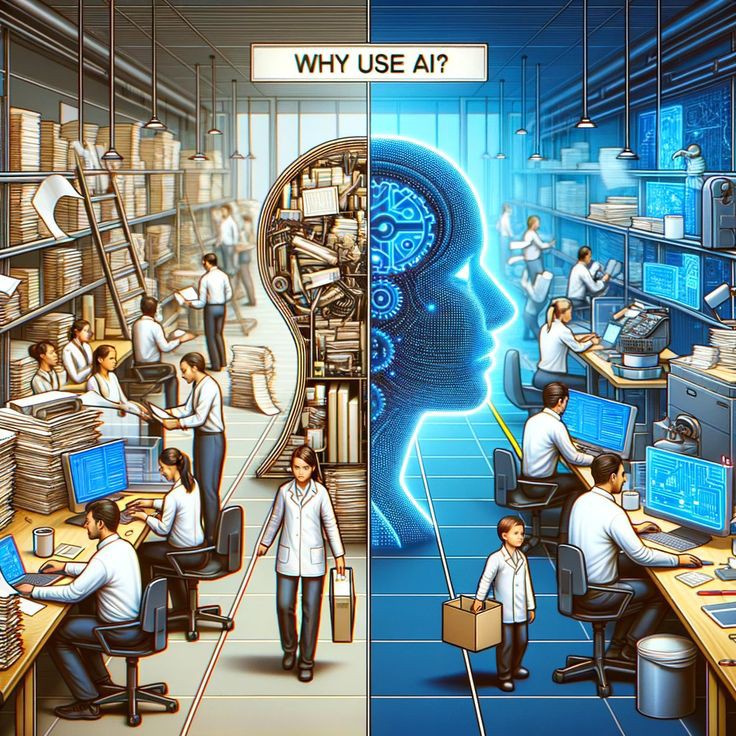
AI in the Workplace
AI-driven tools are reshaping workplaces by automating tasks, enhancing decision-making, and improving productivity. In customer service, AI-powered chatbots handle inquiries, reducing wait times and improving efficiency. In business, AI analyzes vast amounts of data, helping companies make informed decisions. Even in traditionally manual fields like design and marketing, AI assists in content personalization, predictive analytics, and audience engagement.
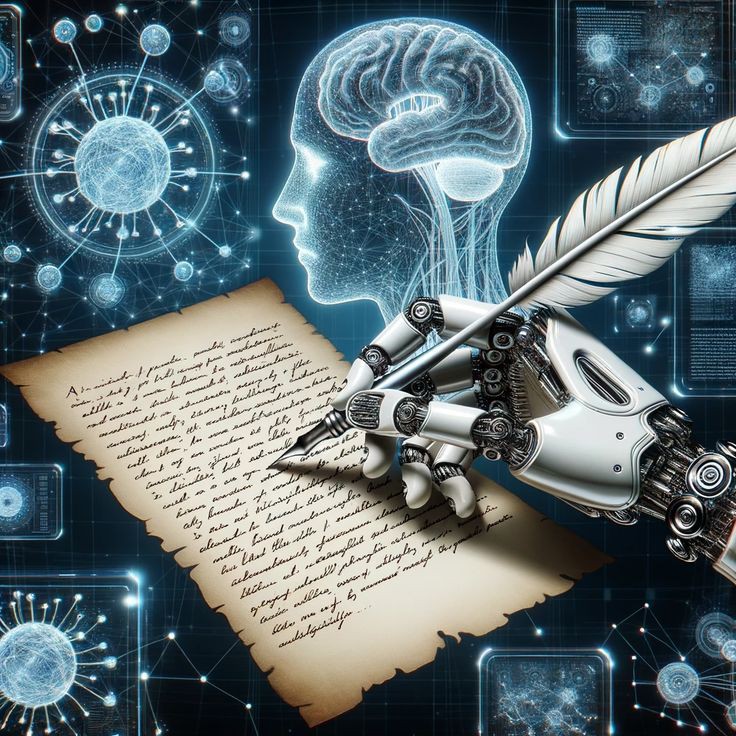
AI in Writing & Creativity
For writers, AI is both an assistant and a challenger. Tools like ChatGPT, Grammarly, and Jasper AI help with brainstorming, editing, and content generation, making writing more efficient. AI can create blog posts, news articles, and even poetry, though human oversight is still needed to ensure authenticity and emotional depth. It also aids in translation, summarization, and SEO optimization, making content more accessible to a global audience.
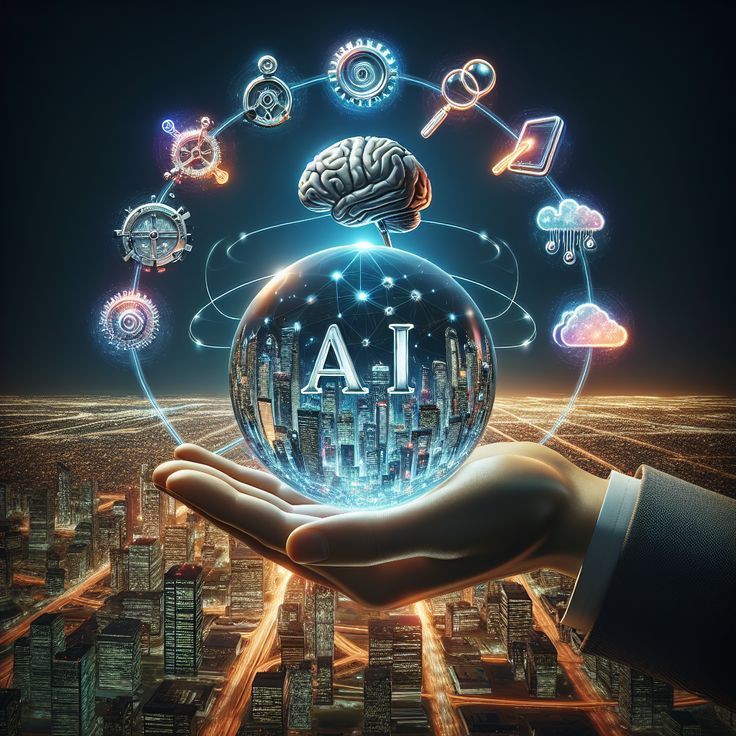
Opportunities & Concerns
AI’s rise brings opportunities for enhanced productivity and accessibility, but it also raises concerns. The fear of job displacement is real, particularly in roles where automation is possible. Additionally, ethical concerns like misinformation and plagiarism require careful regulation. However, rather than replacing humans, AI is more likely to augment human creativity, enabling us to work smarter.
In this evolving landscape, embracing AI as a tool rather than a threat will be key to leveraging its benefits. Writers and professionals who adapt to AI’s capabilities will remain relevant, using it to enhance their skills rather than replace them.




